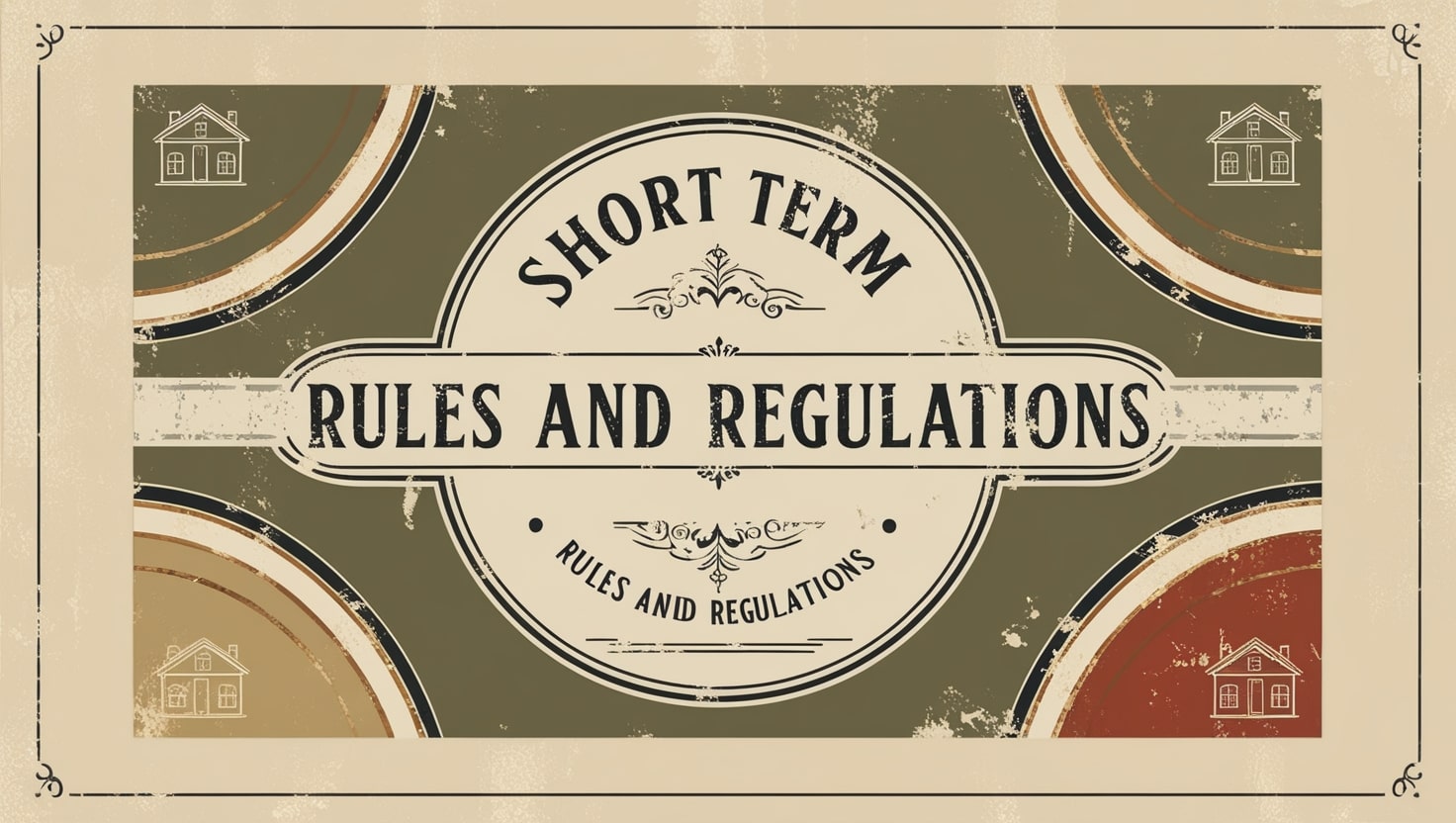New Delhi, India Airbnb Rules & Regulations
Last updated on: 19th September, 2024


Last updated on: 19th September, 2024

In New Delhi, individuals wishing to host on Airbnb must adhere to various laws and regulations concerning business licensing and guest accommodations. Here’s a breakdown of the key requirements for Airbnb hosts:
Business Registration and Licensing: Anyone operating a commercial activity, including Airbnb hosting, might require business registration under the Delhi Shops and Establishment Act, 1954, if they are conducting operations from a physical premises. Depending on the type of activities, a trade license under the Delhi Municipal Corporation Act, 1957, may also be necessary. Non-compliance can lead to financial penalties.
Specialized Licensing for Accommodations: Hosts planning to operate hotels, guest houses, or similar establishments are required to obtain a license from the Delhi Police. This process can be initiated through the Unified Portal for Licensing of Eating/Lodging & Boarding Establishments in Delhi. For bed and breakfasts (B&Bs), while registration under the National Capital Territory of Delhi (Incredible India) Bed and Breakfast Establishments Act, 2007, is recommended, it is not mandatory. If registered, B&Bs must follow specific regulations including occupancy limits and regular reporting of guest records to local authorities.
Activity-Specific Permits: Certain activities associated with hosting, like alcohol or food tastings, may need additional permits. Hosts are encouraged to check requirement specifics based on the nature of their offerings.
Tax Obligations: Airbnb hosts may be liable for various taxes, including personal income tax, service tax, sales tax, and VAT. It's advisable to obtain necessary tax registrations such as PAN, service tax, and sales tax registration.
Compliance with Local Regulations: Hosts should ensure that their housing societies or residential leases permit commercial activities. Furthermore, if hosting from third-party premises, adequate checks regarding safety and necessary permits should be conducted.
Consumer Protection: Under the Consumer Protection Act, 1986, hosts must ensure that their service offerings are accurately represented and delivered as advertised, avoiding any unfair trade practices.
Insurance and Legal Structure: Hosts should consider obtaining suitable insurance and select a legal business structure (such as sole proprietorship or limited liability partnership) that fits their operational needs, with the assistance of a legal advisor.
Overall, compliance with these regulations is crucial for operating legally as an Airbnb host in New Delhi, ensuring a positive experience for both hosts and guests. It's strongly recommended for potential hosts to consult local authorities or legal professionals to clarify the applicability of these regulations to their specific circumstances.